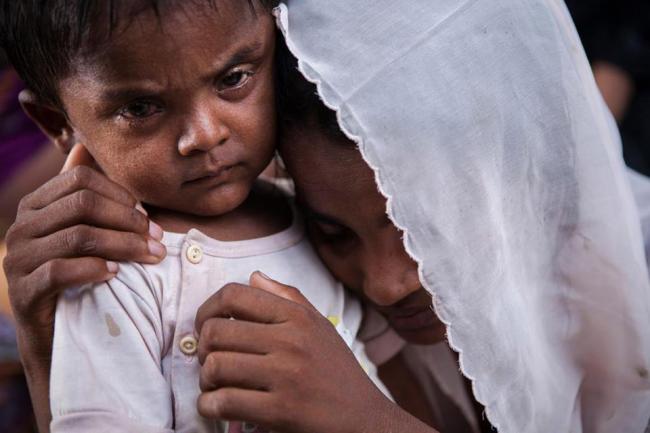30 May 2015

"Saving lives must be the number one priority," Volker Türk, Assistant High Commissioner for Protection at the Office of the UN High Commissioner for Refugees (UNHCR), said today in Bangkok during a special meeting on Irregular Migration in the Indian Ocean organized by Thailand.
The meeting concluded with a 10-point action plan which focuses, among others, on search and rescue, safe disembarkation, anti-trafficking, arrival reception and root causes, while stressing the need of collective efforts among related countries.
“Yet, there is an urgent need to reach a common understanding about more effective and predictable disembarkation options and proper reception arrangements in the region,” said Mr. Türk.
He also hailed the related States' commitment to ensure UNHCR's access to the areas. "These proposals are a good beginning that will require robust implementation," he said.
So far, UNHCR and partners have helped identifying refugees, economic migrants, trafficking victims and arranged solutions accordingly.
Noting this growing regional issue, the UN refugee agency is willing to provide Governments with paperwork arrangements and other creative means to tackle the migration problem.
“There is no solution without addressing root causes,” underscored Mr. Türk, urging legal identification of residency in Myanmar as a mid-term goal, with granting citizenship in the long run.
The importance of protecting vulnerable people such as women and children has also been addressed in the action plan, which calls for development assistance, security protection, and respect for human rights.
Participants at the meeting agreed to explore ways to address the root causes of irregular movements and improve livelihoods in at-risk communities. Recommended actions included providing development assistance, enhancing a sense of security and belonging, and promoting full respect for human rights and adequate access to basic rights and services.
Over 88,000 people have departed on smugglers’ boats from the Bay of Bengal since 2014 and more than 1,000 are believed to have died as a result of abuse and deprivation at sea.
Photo: UNHCR/F. Ijazah